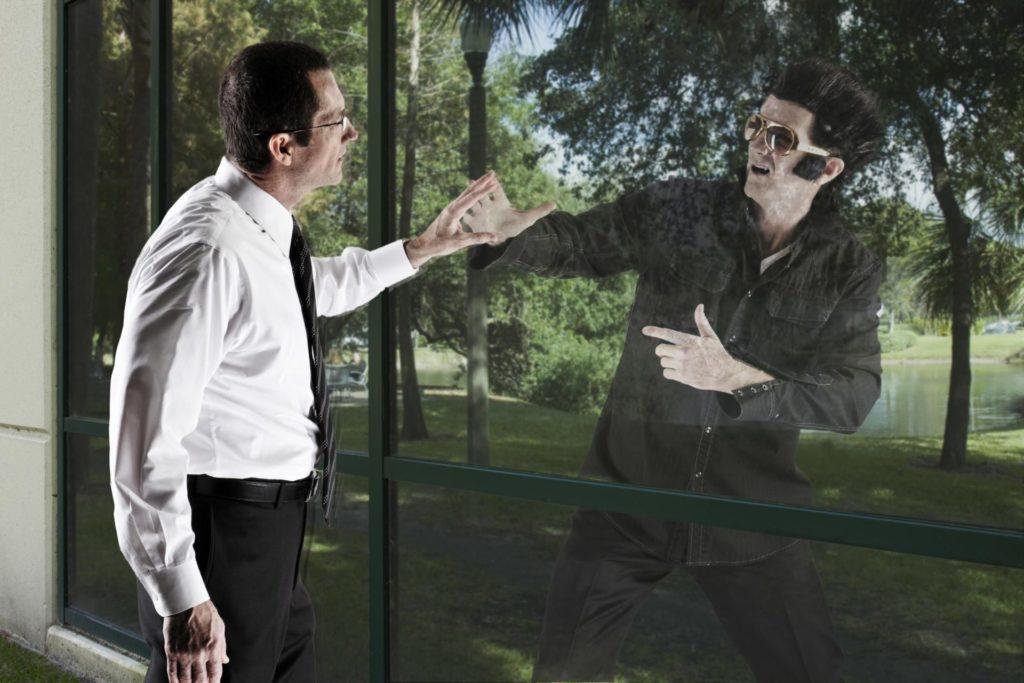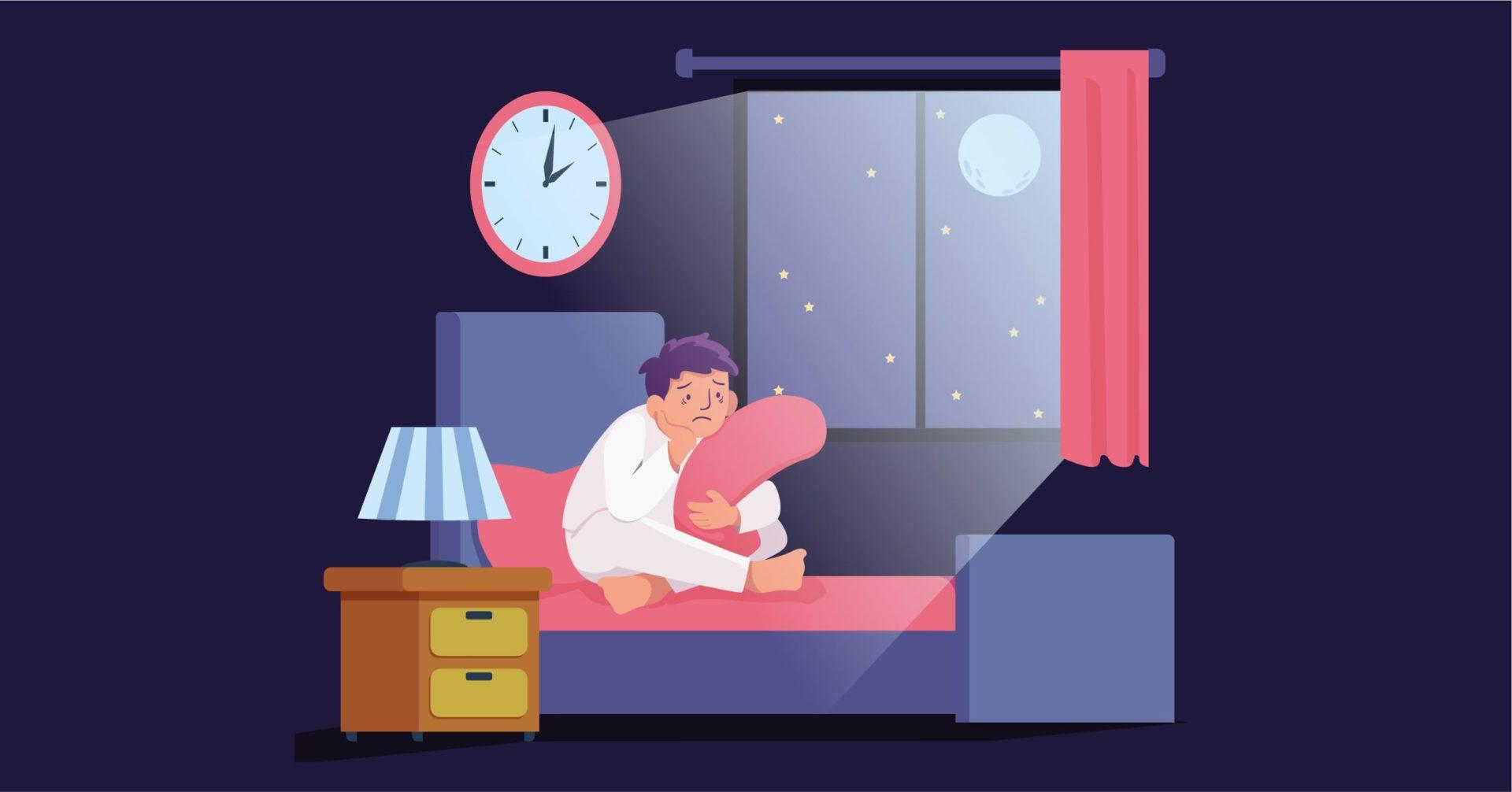Overview
Schizophreniform Disorder affects the individual’s perception of reality, cognitive or thought processes, expression of emotions and actions. This disorder is on the schizophrenia spectrum. The main symptoms may include hallucinations, delusions, disorganised speech, disorganised motor behaviour and negative affect.
It is fairly similar to Schizophrenia. However, the time duration for diagnosis is different for both. When an individual experiences the above mentioned symptoms for more than a month, but less than six months, diagnosis for Schizophreniform Disorder is provided.
Hence, most of the features, risk factors and treatment outcomes for this disorder match that of Schizophrenia.
Several different types of studies were carried out to identify the causes of the schizophrenia spectrum disorders. Family studies and twin studies all over the world indicate genetic vulnerability of the disorder.
Genetic vulnerability does not determine the course of the disorder nor does it mean that every child of the parent having schizophrenia will develop the disorder.
Neurobiological studies indicate neurobiological factors affecting the onset and course of the disorder. Excess of dopamine was initially believed to be the cause of Schizophrenia spectrum disorders.
Newer research in this department has highlighted deficiency in the stimulation of dopamine in the prefrontal cortex, hyperactivity of the dopamine receptors in the basal ganglia in the brain and blocking of NMDA glutamate receptor sites in the brain.
Changes in brain structure are also observed in certain cases. However, further research is warranted.
The disorder vividly affects the individual’s daily functioning. It affects school or work life, and causes interpersonal relationship issues. In some cases, self care efforts are also abandoned and caretaker intervention is required.
Common Signs and Symptoms
The onset of the disorder is quite sudden. The individual may exhibit following symptoms:
- Symptoms of psychosis:
- Delusions are strong beliefs that aren’t true, despite presentation of contrary evidence.
- Hallucinations are seeing, feeling or hearing things which aren’t present.
- Disorganised speech is characterised with incoherent speech which doesn’t make sense – words don’t follow a grammatical structure.
- Catatonic or disorganised gross motor behaviour which comprises difficulty in moving body parts or moving them too fast and in strange ways.
- Negative symptoms which include inappropriate expression of emotions, diminished expression of emotions or avolition(lack of motivation to do tasks and other activities).
Risk Factors
DSM-5 notes genetic factors which increase vulnerability to develop psychotic disorders in general.
Epigenetic factors are also noted in some research papers. While genetic vulnerability increases the chances of getting the disorder, psychosocial factors such as stress, prenatal and perinatal complications, maternal depression and family dysfunction are also contributing factors towards aggravating the chances of getting this disorder.
Diagnosis
There are no specific biomarkers or psychometric tools which determine the presence of Schizophreniform disorder. Diagnostic procedures often involve a detailed clinical interview and family history of the individual. New research suggests testing of the cerebrospinal fluid for presence of elevated levels of cytokines. However, further research is warranted.
To be diagnosed with Schizophreniform Disorder, following criteria must be met:
- One or more of the following symptoms beginning suddenly, and lasting for more than a month but less than six months:
- Delusions
- Hallucinations
- Catatonic behaviour
- Grossly Disorganised Speech
In case the symptoms are ongoing after the six month period, diagnosis of Schizophrenia is given. If the symptoms recede or stop after six months, diagnosis of Schizophreniform disorder are given.
Psychologists are to specify the symptoms of psychosis and the severity of the disorder. They are required to note that the disorder isn’t caused due to other psychological disorders or is substance induced.
Treatment
Treatment options for schizophreniform disorder are similar to those of other psychotic disorders. Medication is often prescribed by a psychiatrist. Medication often includes first generation antipsychotics, second generation antipsychotics and benzodiazepines.
Antipsychotics help greatly in the reduction of symptoms. However, second generation antipsychotics may have side effects such as weight gain, hyperglycemia, etc. Benzodiazepines often help individuals with aggravated symptoms.
Psychotherapy is in the form of individual therapy. It helps in explaining the condition to the family and managing triggers. Effective coping skills as well as stress management can be taught through psychotherapy.
Psychosocial interventions have displayed efficacy in terms of reduced risk of relapse/ re-hospitalisation, reduced symptoms of psychosis and increased social cognition.
Differential Diagnosis
1. Other mental disorders and medical conditions: A wide variety of mental and medical conditions can manifest with psychotic symptoms that must be considered in the differential diagnosis of schizophreniform disorder.
These include psychotic disorder due to another medical condition or its treatment; delirium or major neurocognitive disorder; substance/medication-induced psychotic disorder or delirium; depressive or bipolar disorder with psychotic features; schizoaffective disorder; other specified or unspecified bipolar and related disorder; depressive or bipolar disorder with catatonic features; schizophrenia; brief psychotic disorder; delusional disorder; other specified or unspecified schizophrenia spectrum and other psychotic disorder; schizotypal, schizoid, or paranoid personality disorders; autism spectrum disorder; disorders presenting in childhood with disorganized speech; attention-deficit/hyperactivity disorder; obsessive-compulsive disorder; posttraumatic stress disorder; and traumatic brain injury.
2. Brief psychotic disorder: Schizophreniform disorder differs in duration from brief psychotic disorder, which has a duration of less than 1 month.
Specialist
A psychiatrist or a psychologist will be able to deal with Schizophreniform Disorder.





